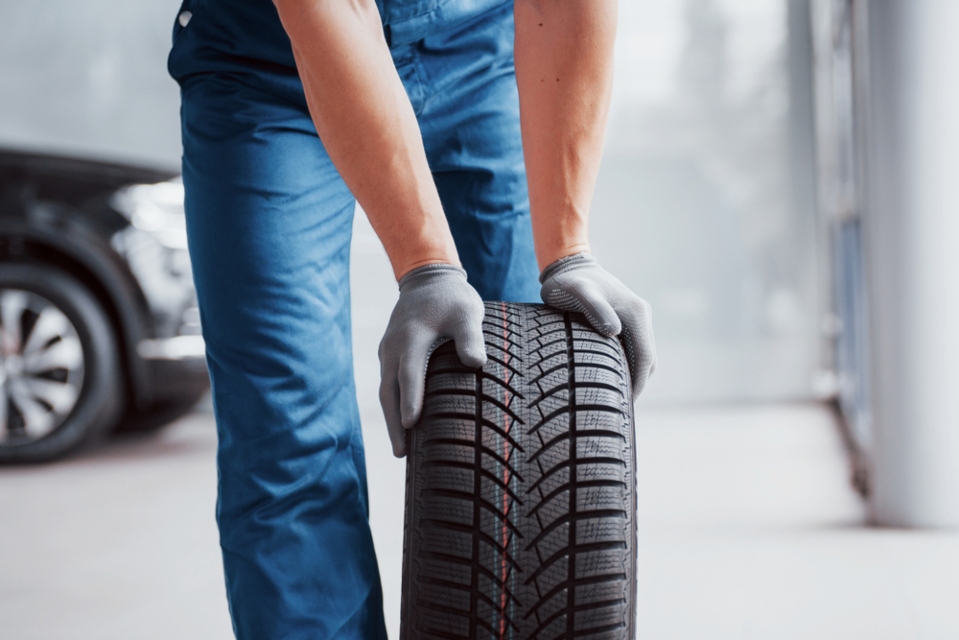
With winter just around the corner, it's time to start thinking about hitting the slopes again! But before you load up your car and head for the mountains, there's one important thing you need to know: Colorado's tire traction laws.
What are Colorado's Tire Traction Laws?
In short, Colorado's tire traction laws require all vehicles traveling in the mountains (e.g., I-70 West of Denver) to have either snow tires or all-weather radials with a minimum tread depth of 6/32 inches. If you don't have either of those, you'll need to carry chains or an alternative traction device in your car.
Why is this law necessary? Well, as anyone who's driven in the mountains during winter knows, conditions can change very quickly and unexpectedly. One minute it might be sunny and dry, and the next minute you could be dealing with a blizzard. Having proper tires or carrying chains/an alternative traction device will help ensure that you can safely navigate whatever conditions you encounter.
What Happens if You Don't Comply with the Law?
If you're caught driving in the mountains without proper tires or an alternative traction device, you could be fined up to $650. In addition, if your vehicle becomes stranded due to inadequate traction, you may be liable for the cost of any emergency services required to get your vehicle off the road.
So there you have it—everything you need to know about Colorado's tire traction laws. Remember, if you're planning on driving in the mountains this winter, make sure you have either snow tires or all-weather radials with a minimum tread depth of 6/32 inches. And if you don't have either of those, be sure to carry chains or an alternative traction device in your car. Safe travels!